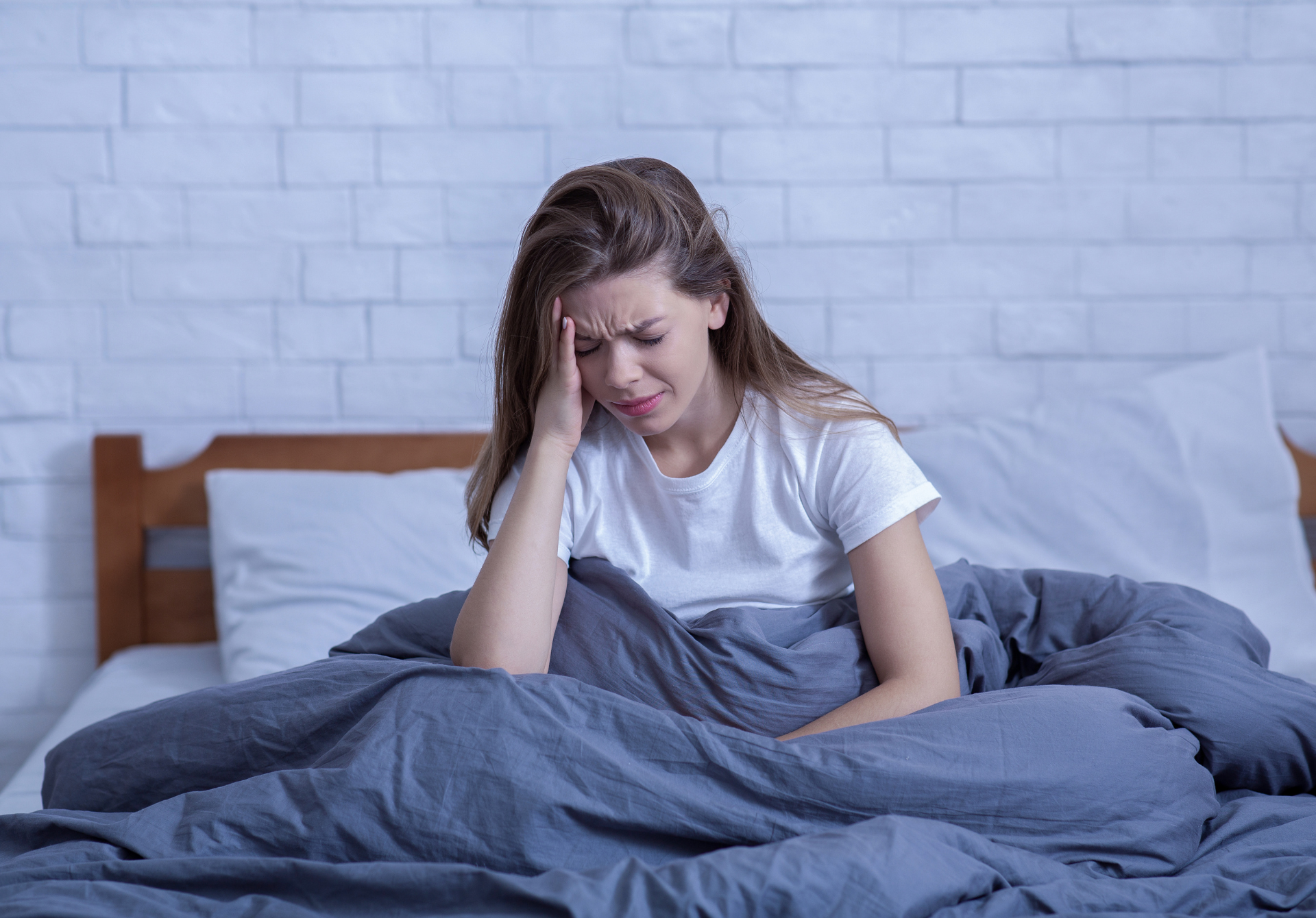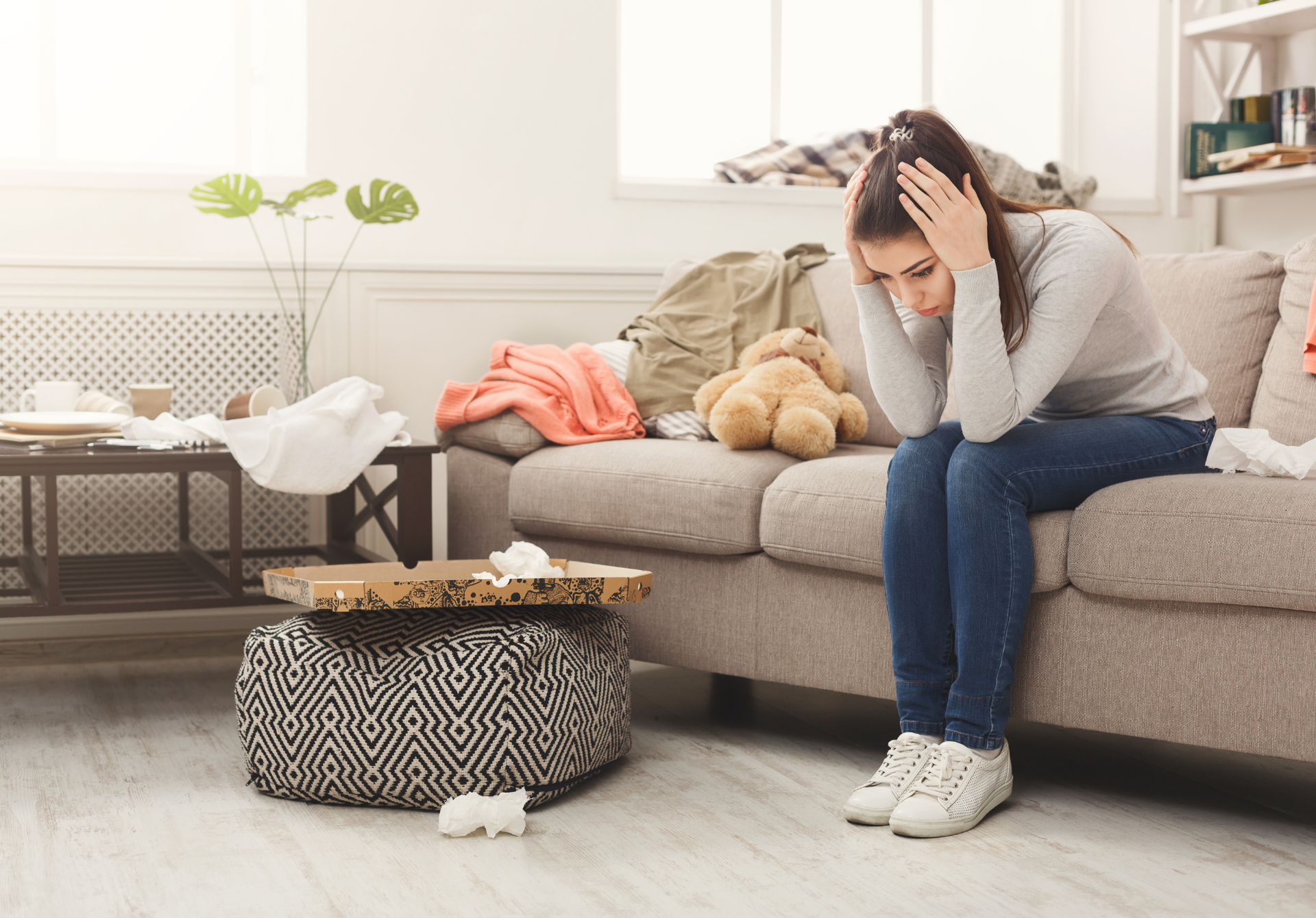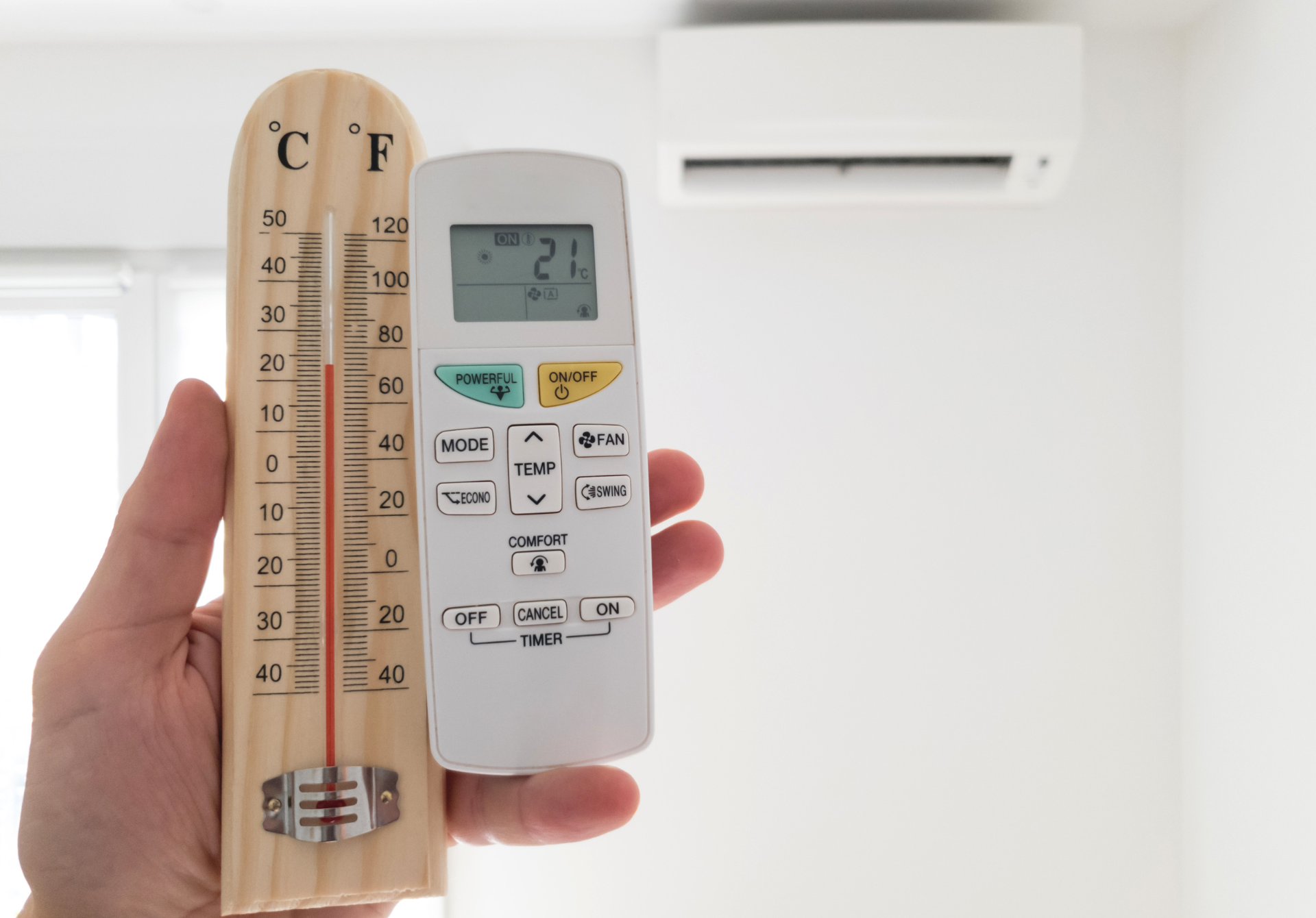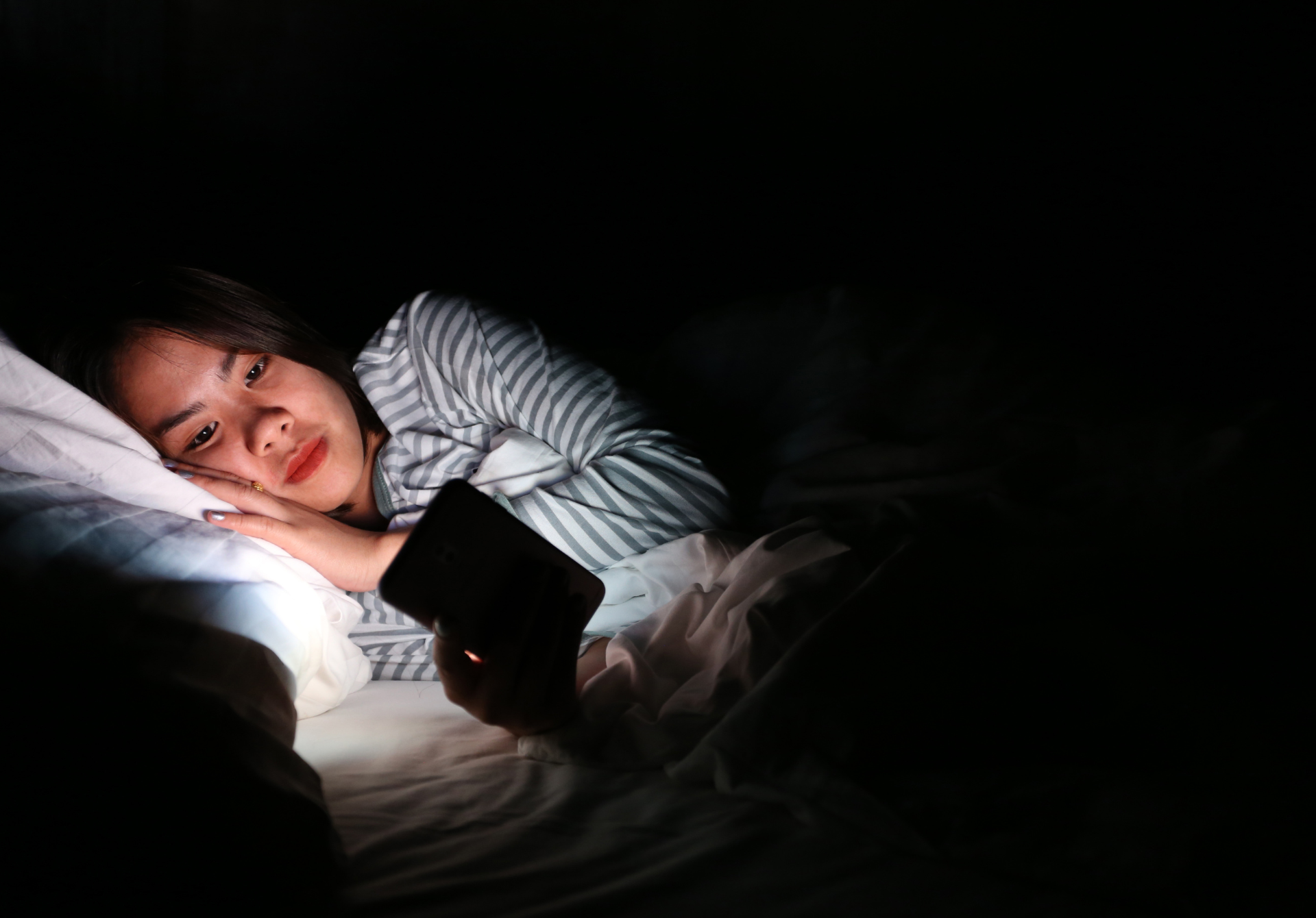Why Your Nights Might Be Restless?
We’ve all experienced those frustrating nights of tossing and turning, watching the clock tick away as sleep remains elusive. If you’re struggling to catch those precious Z’s, you’re not alone. Let’s dive into some surprising culprits behind your sleepless nights and see why your nights might be restless!
1. The Deceptive Sleep Saboteur
That glass of wine🍷 might seem like the perfect way to unwind after a long day, but it could be doing more harm than good. While alcohol can make you feel drowsy initially, it seriously disrupts your sleep quality as the night progresses. You might fall asleep quickly, but you’ll likely wake up more often and experience less restorative deep sleep.
Instead of reaching for that nightcap, try a soothing cup of chamomile or valerian root tea. These caffeine-free herbal options have natural calming properties that can help ease you into a peaceful slumber without the drawbacks of alcohol. Creating a relaxing bedtime ritual around your evening tea can also signal to your body that it’s time to wind down.
Read also – 7 Tips to Have Positive Dreams During Sleep
2. Burning the Midnight Oil At the Gym
We all know exercise is fantastic for our overall health, but timing is everything when it comes to sleep. That late-night spin class or intense workout session might be giving you an unwanted second wind. Vigorous exercise revs up your metabolism, raises your core body temperature and floods your system with endorphins – great for energy, not so great for winding down.
If you’re a night owl who loves to work out, try to wrap up your sweat session at least three hours before bedtime. This gives your body time to cool down and transition into sleep mode. If evening is your only option for exercise, opt for gentler activities like yoga or stretching, which can actually promote relaxation and better sleep💪.
3. Weekend Sleep-Ins – a Slippery Slope to Insomnia
Oh, the temptation of sleeping in on weekends✨! While it feels luxurious at the moment, those extra hours in bed can throw your entire sleep schedule out of whack and can be a reason why your nights might be restless. Your body’s internal clock thrives on consistency, and even one day of oversleeping can disrupt this delicate balance, leading to Sunday night insomnia and a rough start to your week.
If you absolutely must catch up on sleep, try to limit it to an extra hour at most. Better yet, stick to your regular wake-up time and sneak in a short afternoon nap if you need a boost. Maintaining a consistent sleep schedule, even on weekends, can dramatically improve your overall sleep quality and make Monday mornings much less painful.
4. Late-Night Protein – a Recipe for Restlessness
That midnight snack might be doing more than just adding extra calories to your day. Eating protein-rich foods late in the evening can keep your digestive system working overtime when it should be winding down. Your body needs energy to break down protein, which can interfere with your ability to fall asleep and stay asleep throughout the night.
If hunger strikes before bed, opt for a light carbohydrate snack instead. A small piece of fruit, a few whole-grain crackers, or a small serving of air-popped popcorn can satisfy your craving without overburdening your digestive system. These lighter options provide a gentle energy boost that can actually help promote sleep by slightly raising your blood sugar and making you feel sleepy.
5. The Sneaky Sleep Stealer
We all love our morning coffee☕, but that afternoon pick-me-up might be lingering longer than you think. Caffeine can stay in your system for up to seven hours, meaning that a 3 PM latte could still be affecting you at bedtime. Even if you don’t feel wired, caffeine can subtly impact your sleep quality, making it harder to fall into deep, restorative sleep.
If you’re sensitive to caffeine, consider cutting off your intake earlier in the day or reducing your overall consumption. You might be surprised at how much easier it becomes to fall asleep when you’re not fighting against the effects of caffeine. Try swapping your afternoon coffee for herbal tea or sparkling water to stay refreshed without compromising your sleep.
Read also – The Research Says Tea Is Actually Good for You
6. Sleep Anxiety
It’s a vicious cycle – you can’t sleep because you’re worried, and you’re worried because you can’t sleep. Anxiety about sleep itself can be a major obstacle to getting the rest you need. As bedtime approaches, you might find your mind racing with thoughts about work, relationships, or the very fact that you’re not sleeping, which is a reason why your nights might be restless😣.
If you find yourself lying awake, fretting about how much sleep you’re losing, try changing your approach. Instead of forcing yourself to sleep, focus on relaxation. Practice deep breathing exercises and progressive muscle relaxation, or try a guided meditation app. Remember, rest is beneficial even if you’re not fully asleep. Taking the pressure off yourself to fall asleep can paradoxically make it easier to drift off.
7. Clutter is More Than Just an Eyesore
Believe it or not, that pile of laundry in the corner could be sabotaging your sleep. A cluttered bedroom can create a sense of chaos and stress, making it harder for your mind to relax and unwind. Your bedroom should be a sanctuary, a place where you can escape the pressures of the day and prepare for restful sleep🌙.
Take a few minutes before bed to tidy up your space. Put away clothes, clear off surfaces, and create a calm, organized environment. This simple act can work wonders for your sleep quality. Plus, the act of decluttering itself can be a soothing pre-bed ritual, helping you transition from the busyness of the day to a peaceful night’s sleep.
8. Light Pollution – the Unseen Enemy of Sleep
In our tech-filled world, achieving true darkness can be a challenge. But even small amounts of light can interfere with your body’s melatonin production, the hormone that regulates sleep. Your brain interprets light as a signal to wake up, making it harder to fall asleep and stay asleep throughout the night.
Take a critical look at your bedroom. Are there streetlights peeking through the curtains? Is your phone’s notification light blinking all night? Invest in some blackout curtains and consider banishing electronic devices from the bedroom. Creating a truly dark sleep environment can make a world of difference in your sleep quality. If you need a nightlight, opt for a red-toned light, which has less impact on melatonin production than blue or white light.
Read also – 5 Tips on How to Have a Sweet Dream
9. Temperature Troubles
The temperature of your bedroom can be a reason why your nights might be restless, because it has a surprising impact on your sleep quality. A room that’s too warm or too cool can lead to restless nights and frequent wake-ups. While personal preferences vary, most sleep experts recommend keeping your bedroom between 60-67°F (15-19°C) for optimal sleep🌡.
Experiment with different temperatures to find what works best for you. Consider using breathable, moisture-wicking bedding to help regulate your body temperature throughout the night. If you tend to run hot, try sleeping with a fan or cracking a window for better air circulation. Conversely, if you’re often cold, invest in warm, cozy bedding that won’t leave you shivering in the middle of the night.
10. The Blue Light Blues
In today’s digital age, it’s all too easy to spend our evenings scrolling through social media or catching up on our favorite shows. However, the blue light emitted by phones, tablets, and computers can seriously disrupt your sleep patterns. This type of light suppresses melatonin production, tricking your brain into thinking it’s still daytime.
Try implementing a “digital sunset” about an hour before bedtime. Put away your devices and engage in relaxing, screen-free activities like reading a book, listening to soothing music, or practicing gentle stretches. If you must use your devices in the evening, consider using blue light-blocking glasses or enabling the night mode feature on your devices to reduce the impact of blue light on your sleep.
Understanding the reasons behind your sleepless nights is the first step towards better rest. By making a few simple changes to your evening routine and sleep environment, you can set yourself up for nights of blissful, uninterrupted sleep. Remember, good sleep is not a luxury – it’s a necessity for your physical and mental well-being. Sweet dreams, ladies!










